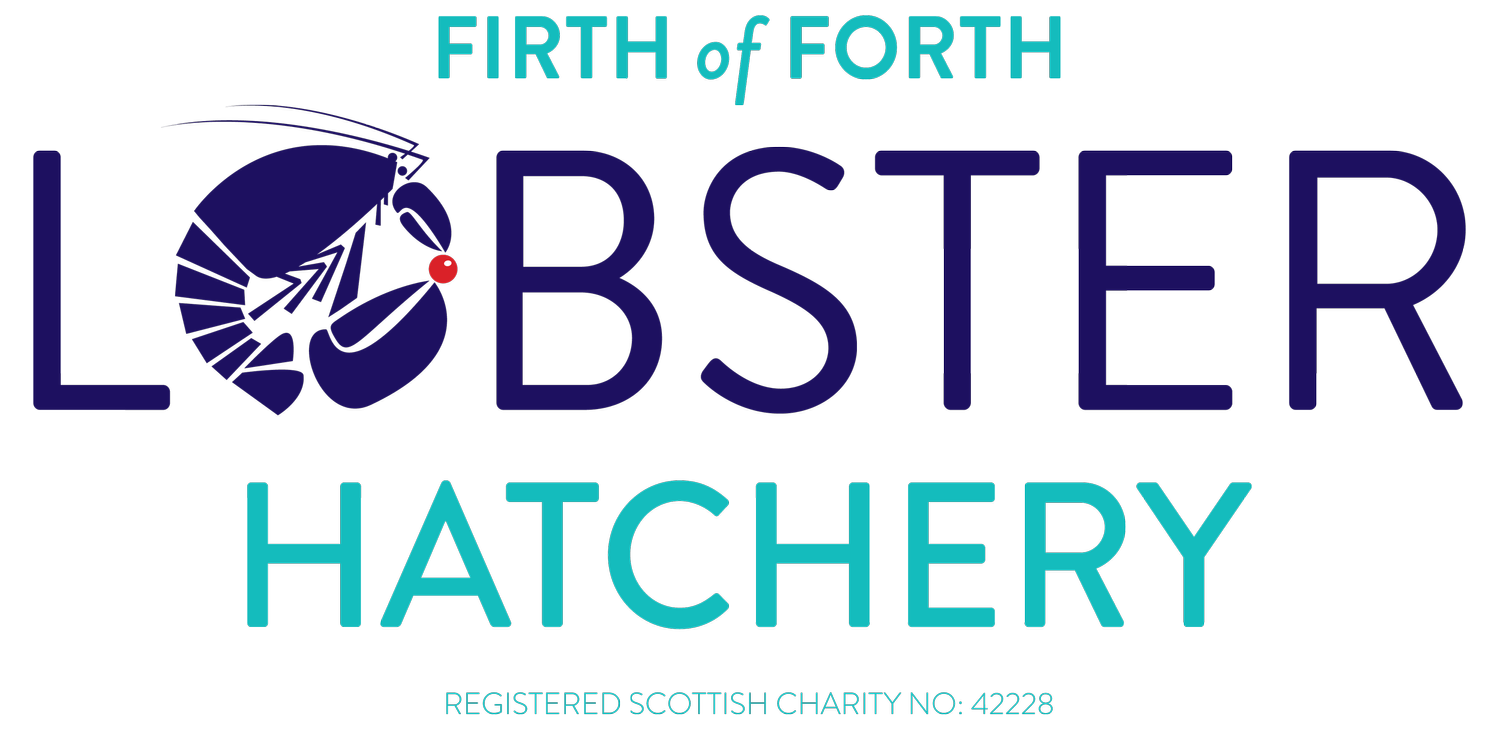Student placement/ hatchery technician report
As a student in marine science, work experience is a vital part of my studies and significantly increases my chances of employment after graduation. During the five months that I spent at the lobster hatchery, I gained valuable insight into the industry which allowed me to excel in my studies. The lobster hatchery has provided me with knowledge and experience that cannot be taught inside the classroom.
At university, I am tested on my knowledge and ability to obtain facts, but it does not provide me with the employability skills that I will need after university. Writing the application and preparing for an interview at the hatchery encouraged me to build upon professional skills and replicated a process that can be expected in the industry. The hatchery manager also guided me in a wide range of tasks such as grant writing and administration which are useful assets when looking for employment. This sort of experience sets me above my peers when it comes to job applications and taught me what to expect when working in marine science. Under the supervision of the hatchery manager, I gained an understanding of working in an aquaculture environment. At large-scale aquaculture facilities, work experience can be limited due to their large scale. The hatchery is a smaller operation, allowing me to develop extensive knowledge of the recirculatory aquaculture systems (RAS) and animal husbandry techniques. This also allowed me to become a fully trained staff member, with the understanding of how to correct problems should the hatchery manager be absent. My role as the hatchery technician gave me responsibility and required me to use my initiative which is not often the case in “work experience” roles. The positive environment that the hatchery creates for students and volunteers allows us to become valued members of staff with true authority.
As a full-time staff member, I oversaw the daily operation of the hatchery as well as assisting with other projects taking place at the hatchery. The hatchery provided me with the opportunity and facilities to undertake my own research project, which forms an extensive part of my undergraduate degree. This project enabled me to build upon my management skills and allowed me to collect extensive data under the one-to-one supervision of the hatchery manager. I also worked as part of a team on other hatchery projects, such as the refurbishment of the education container. Working alongside our education officer, I was able to learn about the importance of education in a conservation project such as the lobster hatchery.
As well as the huge range of skills and knowledge I have benefitted from during my time at the hatchery, it has made me recognise the importance of the bigger picture in conservation. By working with the community and various stakeholders, I have learnt the importance of a holistic approach to conservation management. I think this is the most valuable perspective I have gained and will be crucial in my future career as I continue to work for conservation organisations. It is crucial that organisations such as the Firth of Forth lobster hatchery continue to provide experience for students as it provides huge personal and professional development opportunities for young people in the marine science industry.

